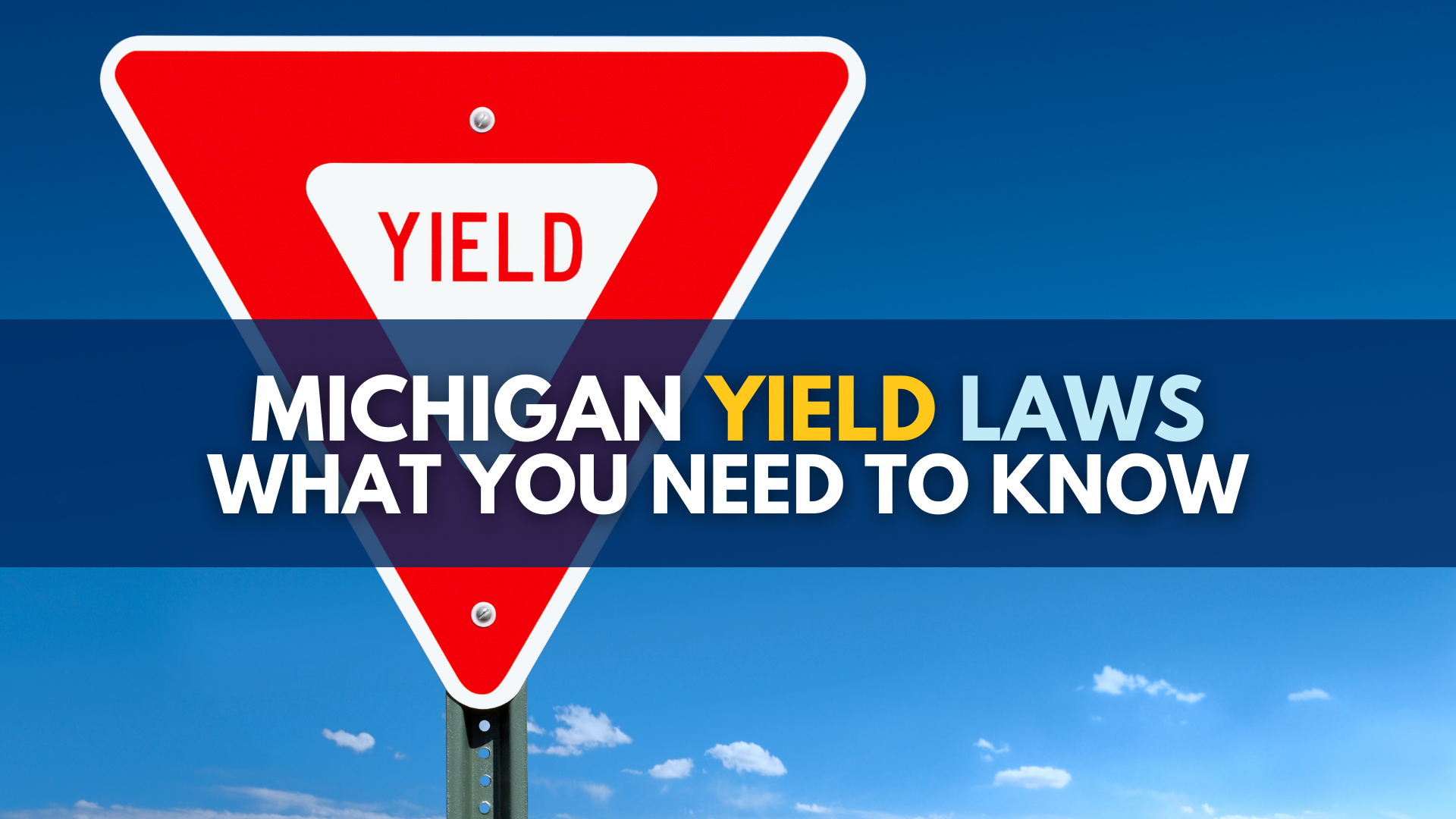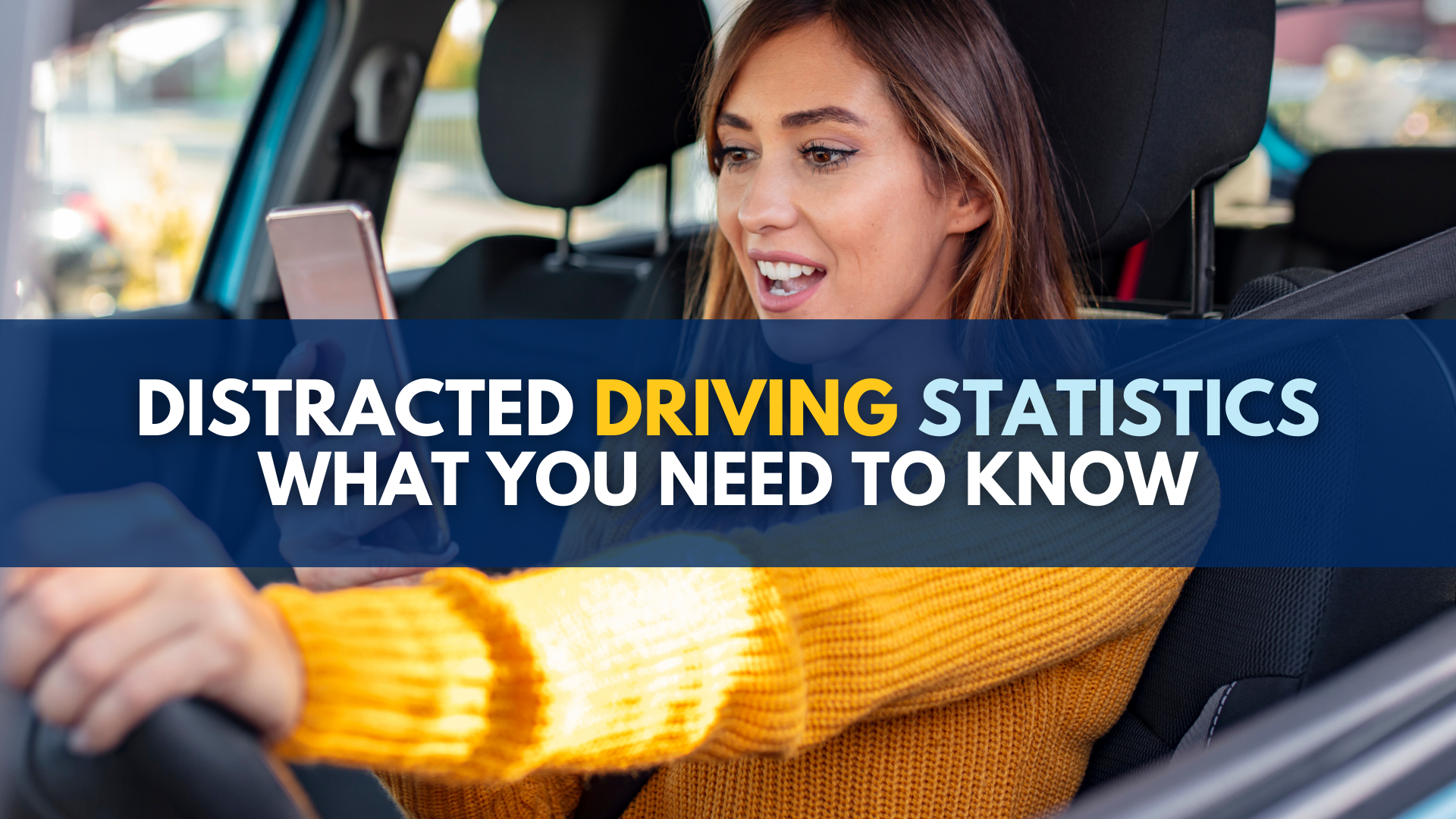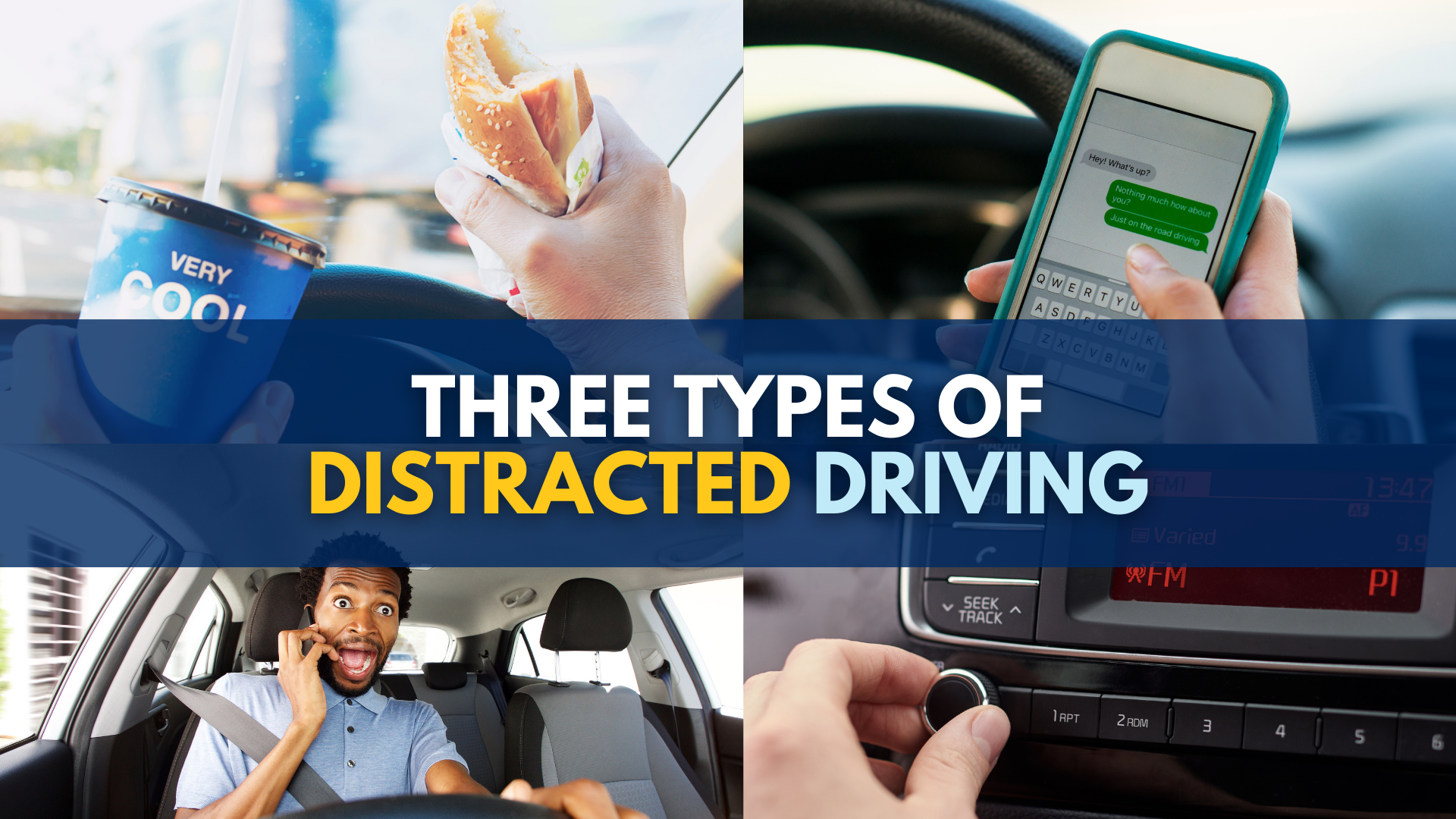Attorney Brandon Hewitt talks to WZZM of Grand Rapids about what people need to know about how to prevent driving under the influence of prescription drugs

Driving under the influence of prescription drugs is a big problem. And it’s only getting worse.
That was the message that Michigan Auto Law attorney Brandon Hewitt shared during his most recent appearance on WZZM 13 Grand Rapids’ “Just Drive” series.
“It’s surprising how big of a problem drugged driving is,” Brandon explained to WZZM Grand Rapids. “Drugged driving has overtaken drunk driving as a cause of crashes, especially fatal crashes.”
Statistics that Brandon provided to WZZM showed that 43% of fatal crashes involve prescription or recreational drugs in the fatally-injured person’s body versus 37% for alcohol above the legal limit.
This is consistent with the Governors Highway Safety Association’s May 2018 study, “Drug-Impaired Driving: Marijuana and Opioids Raise Critical Issues for States,” which found that:
- “In 2006, 27.8% of drivers with known drug test results were drug-positive compared to 43.6% in 2016. The number of known drug-positive drivers increased from 3,994 in 2006 to 5,365 in 2016.”
- “In 2006, 41.0% of all drivers with known test results were alcohol-positive compared to 37.9% in 2016. The number of known alcohol-positive drivers decreased from 7,750 in 2006 to 5,473 in 2016.”
Brandon said this “goes along with what we’re seeing in the national scene with the opioid epidemic. More people are on prescription drugs, that’s just the fact.”
Indeed, a 2017 article on the relationship between the use of prescription opioids and motor vehicle crashes reported that:
Research shows “that use of prescription opioids by drivers is associated with significantly increased risks of crash involvement and crash culpability.”
To learn more, please check out the video of Brandon’s most recent WZZM appearance below.
Brandon Hewitt tells WZZM how people can protect themselves and avoid driving under the influence of prescription drugs
Brandon explained that people need to know that they’re not automatically safe behind the wheel – nor are they automatically in compliance with the laws that prohibit “driving under the influence” – because the medication that’s in their system was prescribed by a doctor.
Before people take to the road, they need to make sure that the prescription medication they’ve taken is not impairing their ability to drive safely. It is no legal defense if you cause a bad car accident that it isn’t your fault because you’re on legally prescribed medication. You are still legally responsible for the harms you cause.
Specifically, Brandon offered the following advice:
- “What you want to do is make sure you’re reading the warning labels on your prescriptions. If you’re not sure, talk to your doctor, talk to your pharmacist, ask how they’re going to affect you. Ask how they’re going to interact with the other drugs you might be taking. A lot of people take certain prescriptions, mix them with other prescriptions.”
- “If you’re on a sleeping medication, like Ambien or those types of prescription medications, they can stay in your body much longer than you think. Talk [to] your doctor about ‘When is it safe for me to get up and get on the road?’”
To illustrate his point about how prescription medications, especially when they’re mixed with other prescription meds, can lead to dangerous and potentially deadly results, Brandon referenced the highly-publicized drugged-driving crash involving golfer Tiger Woods.
“We all remember Tiger Woods famously. He had no idea where he was, right?,” Brandon stated. “He was on mostly prescription medications at that time. It can be very, very dangerous.”


